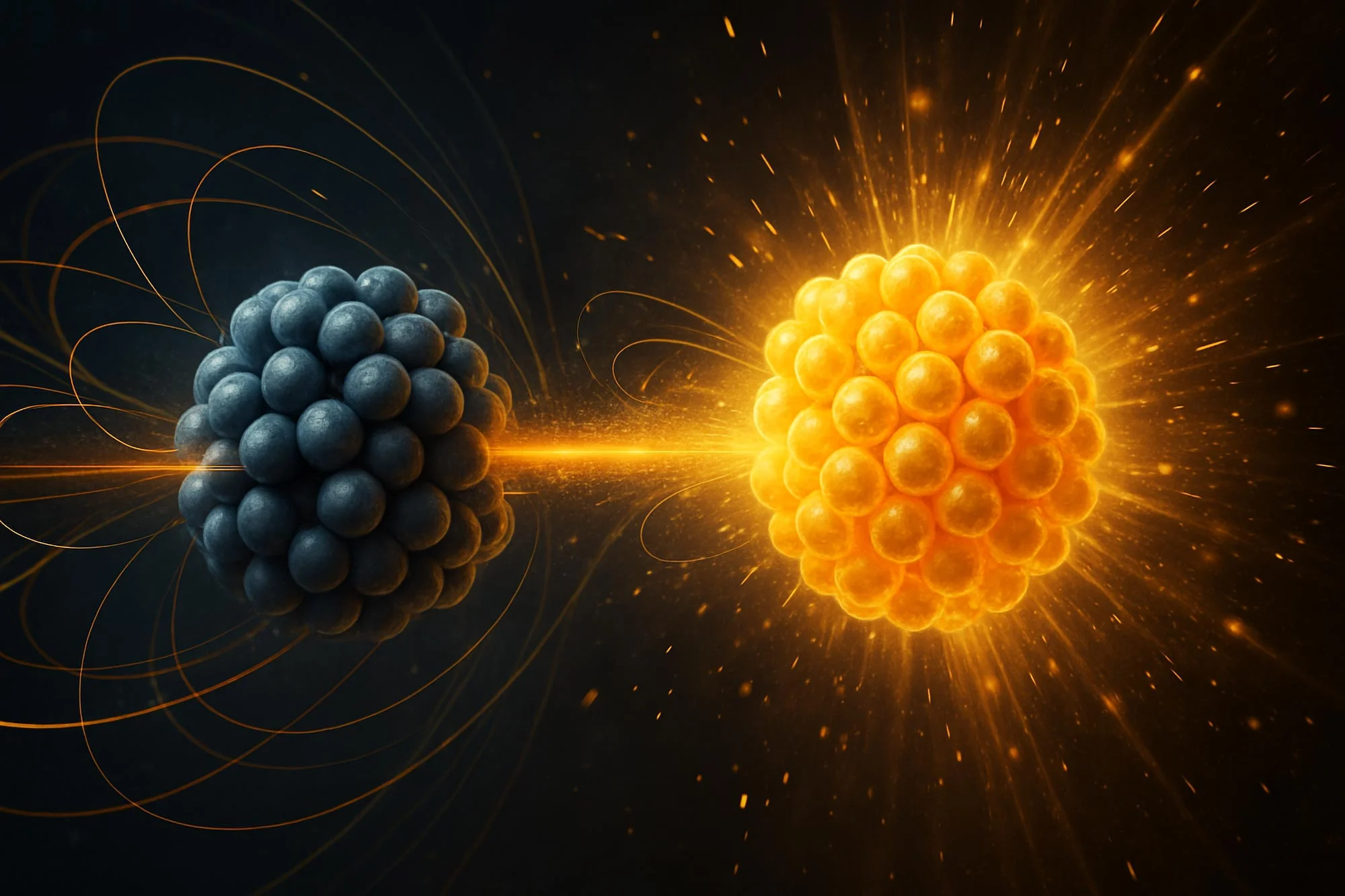- Courses
- GS Full Course 1 Year
- GS Full Course 2 Year
- GS Full Course 3 Year
- GS Full Course Till Selection
- Online Program
- GS Recorded Course
- NCERT (Recorded 500+ Hours)
- Polity Recorded Course
- Geography Recorded Course
- Economy Recorded Course
- AMAC Recorded Course
- Modern India, Post Independence & World History
- Environment Recoded Course
- Governance Recoded Course
- Science & Tech. Recoded Course
- International Relations and Internal Security Recorded Course
- Disaster Management Module Course
- Ethics Recoded Course
- Essay Recoded Course
- Current Affairs Recoded Course
- CSAT
- 5 LAYERED ARJUNA Mentorship
- Public Administration Optional
- ABOUT US
- OUR TOPPERS
- TEST SERIES
- FREE STUDY MATERIAL
- VIDEOS
- CONTACT US
MPEMBA EFFECT: HEAT UP TO COOL DOWN
MPEMBA EFFECT: HEAT UP TO COOL DOWN
30-01-2024
The Mpemba effect has recently drawn the interest of scientists. Despite numerous experiments, there is still no unanimous consensus on the factors causing this puzzling phenomenon.
Understanding the Mpemba effect:-
- Origin and Naming: The term 'Mpemba effect' finds its roots in the observations made by Tanzanian student Erasto Mpemba in 1969, who brought attention to this intriguing phenomenon.
- Counterintuitive Observation: At its core, the Mpemba effect presents the peculiar observation that hot water, under similar conditions, can freeze faster than cold water, challenging conventional expectations.
- Historical Noticing: Centuries before Mpemba's revelation, scholars like Aristotle, Francis Bacon, and René Descartes had made similar observations. However, the effect gained formal scientific attention more recently.
- Various Experiments Conducted: Researchers have conducted numerous experiments to decipher the underlying causes of the Mpemba effect. Despite these efforts, a unanimous conclusion remains elusive.
- Microbubbles Hypothesis: One proposed explanation suggests the presence of microbubbles suspended in water heated by boiling. These microbubbles might enhance convection and expedite heat transfer during the cooling process.
- Evaporation Contribution: The phenomenon is also linked to the inherent endothermic nature of the evaporation process. Warmer water, with higher evaporation rates, undergoes enhanced convection and accelerated heat transfer due to its lower density.
- Frost as an Insulator: Consideration is given to the potential role of frost in cold water, acting as an insulator. This may impede the loss of heat during the cooling process.
- Compounds in Water Hypothesis: Scientists explore the possibility of compounds, such as calcium carbonate, precipitating and dissolving in water during boiling, potentially altering the freezing point of the water.
- Ongoing Scientific Inquiry: Despite various hypotheses, scientific inquiry into the Mpemba effect is ongoing, aiming to unravel the complexities associated with this intriguing phenomenon.



